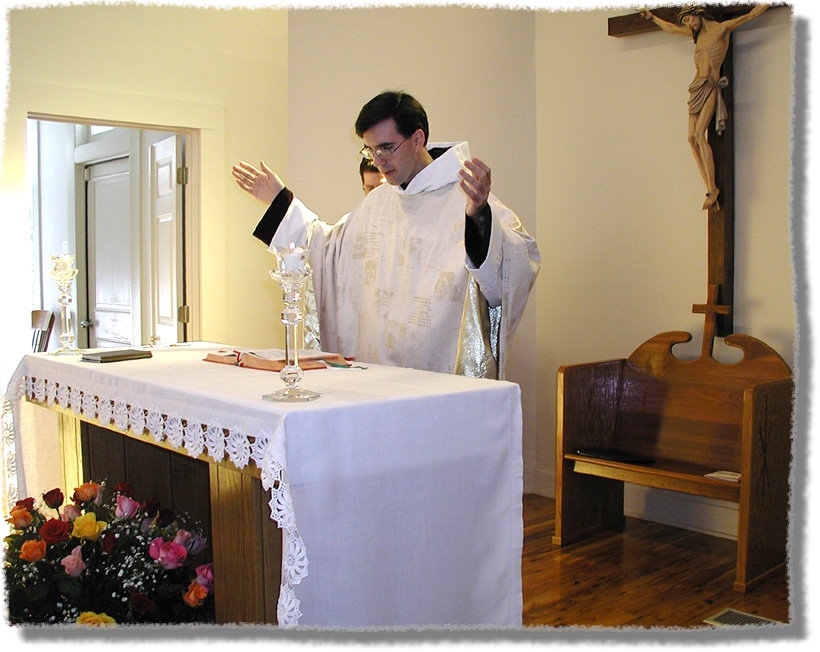Well, the truth is, if we're specifically talking about the gesture, there is no direct and clear historical evidence that Christians of say, 43 A.D., were using the Sign of the Cross.
Moreover, to simply do what too many Protestants do by applying faulty Hermeneutics and extrapolate from some one or two selected verses in the Bible isn't going to historically "prove" that Christians in 43 A.D., or 63 A.D., or 93 A.D., were in fact using the Sign of the Cross.
I never made an argument as to what year. It doesn't matter if it started or was popularized before paul died, the fact is this has been a christian tradition, not "catholic made".
Tertullian wrote, "In all our actions, when we come in or go out, when we dress, when we wash, at our meals, before resting to sleep, we make on our forehead the sign of the cross. These practices are not committed by a formal law of scripture, but tradition teaches them, custom confirms them, and faith observes them".
He died around 200AD. He talks about it as a norm, and even in his timeline he calls it tradition. That is clear indication that the sign of the cross has been practiced done a long time before he passed away.
Well, the main thing i'm trying to point out is the objections or reasons for protestants not doing it has a lot of the same reasoning as the heretical cults as you saw in that link. "It's catholic. It's not in the Bible". There're posts from others in this thread as well is in the article.So, we should be very circumspect in the sort of historical claims that we make in regard to the Christian Faith. Still, if the Sign of the Cross developed over time after the 1st Century A.D., I see no reason why it can't be used if Christians want to use it as an expression of their faith.
Personally, I place very little reliance upon what I would term "Ongoing, Post-1st Century Tradition" in my own faith. Am I an apostate in your eyes if this is the case?
Sure, some things in overall Tradition may be legitimate historically. However, we don't want to commit another fallacy where we equivocate the term "tradition" as seen in a scant few verses in the New Testament with EVERYTHING that is claimed to be "Tradition" that came after the 1st century, or even the 2nd century.
............ again, through my own scholarly viewpoint I'm of the mind that anything which is not mentioned (or justifiably inferred) in say, the first 100 years after Christ, isn't required for faith. It may be useful; it may be insightful. But it's not required.
Surely, you don't want to identify ME as an apostate. I'm pretty sure I'm not.
And if folks think they'll be the 'prophets' who will land into me, then I'll find it more than convenient to make difficulties everywhere.” ―
Upvote
0



